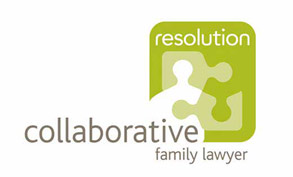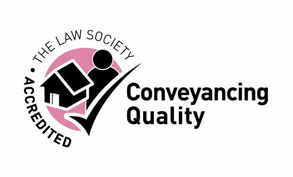Posted on: Sep 10, 2024
Issues that can arise with DIY Wills
There is an increase in the availability of precedent and template documents, which allow someone to make a Will themselves without taking any professional legal advice. Although these documents can appear to be more convenient and less expensive. As well as setting out your wishes and making things easier for your family, it can give arise to many issues. This could lead to extra costs for the estate. Also it is more stress for family members when administering the estate. Also this can make the process of grieving more difficult.
One of the most common mistakes with a DIY Will, is that the Will has not been executed correctly. There are set legal rules about the completion of a Will. If a Will has not been correctly executed, then it will not be a valid Will. In the event that the Will is not valid, there are two options. If there is a valid Will made before which would need to be followed to administer the estate. Or, if there is no Will then the estate would be distributed under the Rules of Intestacy.
For a Will to be valid, the Will has to be signed by the person making the Will. This person is called the Testator or Testatrix in the presence of two witnesses. Everyone must remain together throughout the whole signing process, and this has to be done in person. The witnesses must then sign the Will in the presence of the person making the Will and each witness. The witnesses should also include their details which are their name, address, and occupation on the Will under their signature. Also, the Will must be dated on the day that it is signed by the testator/testatrix and witnesses.
Another common issue is that there are no executors appointed on the Will document. An executor is the person or people who are responsible for the administering the estate. They have a responsibility to safeguard the assets, collect in the monies, pay off liabilities and distribute the estate. If there is no executor appointed in a Will, this does not invalid the Will. But there would have to an administrator appointed to deal with the estate. There are set list of people under the non-contentious probate rules who can be appointed as administrator. This may mean that the person or people that you believe to be most suitable to act in this role, may not be able to act.
Furthermore, another issue with a DIY Will is that there is usually no set wording. So, people can write their wishes in their own words. Although this could be seen as an advantage, the issue would be that the wording used could be misinterpreted. Then the wishes may not be followed as original intended. Whereas if a solicitor drafted your Will, they would ensure that all clauses are set out correctly. Also ensure that your wishes are clear to everyone that reads the Will.
So, the advantages of instructing a solicitor to assist you with the making and completion of a Will are:
- You can ensure that all the formalities for the completion of the Will are dealt with correctly.
- They will discuss all the clauses that you should include in your Will.
- They can consider with you on any issues that you are concerned about. Also, provide you with options for your Will.
- They will discuss inheritance tax planning.
- You will have peace of mind that your Will is valid and sets out your wishes clearly.
Our team at Baines Bagguley Penhale have the relevant expertise and experience, to provide you with appropriate advice.
For further information please visit our website at www.bbpsolicitors.co.uk. Or contact us for further information on 01524 401010.
How can we help you?
We offer straightforward legal advice and assistance for clients in relation to legal matters for both individuals and businesses.






